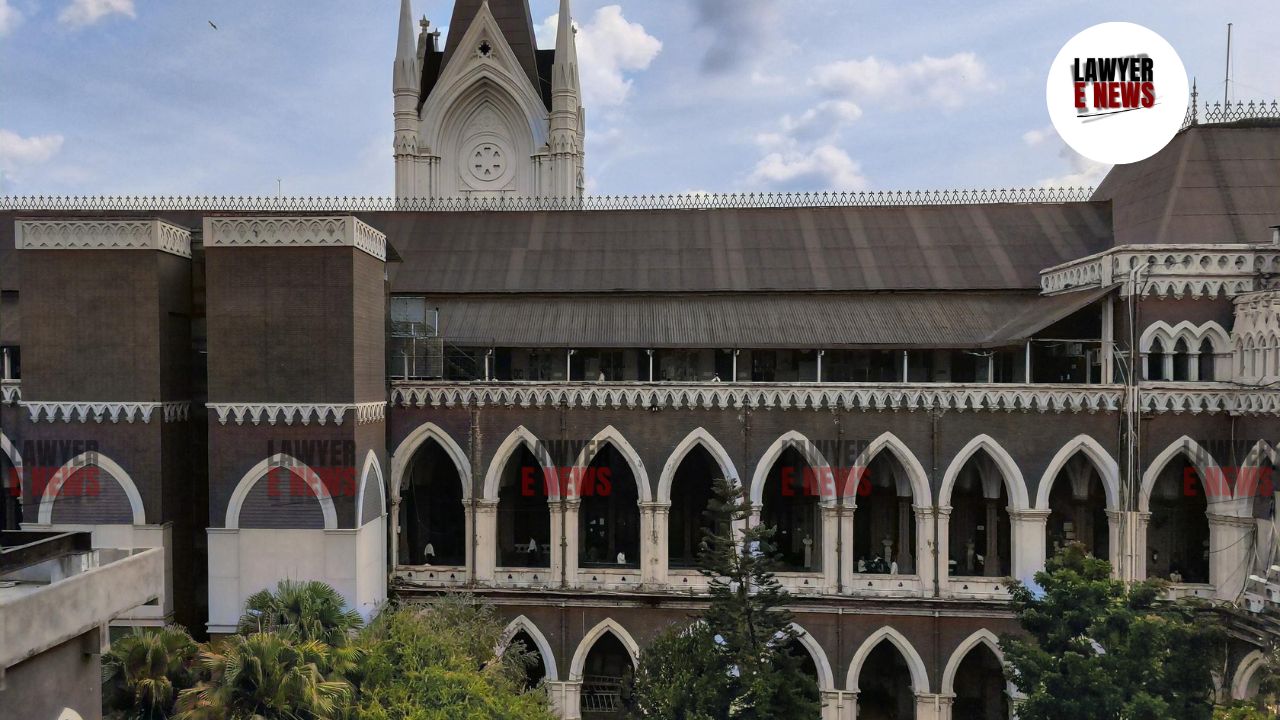-
by Admin
15 February 2026 2:16 AM



Private respondents' obstruction to lawful installation of electricity violates the petitioner's fundamental right to life under Article 21." — Justice Rajarshi Bharadwaj. High Court of Calcutta delivered a significant ruling in the case of Subhankar Ghosh vs. The Director General & Inspector General of Police, West Bengal & Ors.. The court addressed the issue of unlawful obstruction during the installation of essential services and emphasized the police's responsibility to act in compliance with court orders. The court ruled in favor of the petitioner, ordering police protection to ensure the installation of an electric meter, setting a precedent for safeguarding fundamental rights related to essential services.
The petitioner, Subhankar Ghosh, entered into a tenancy agreement in March 2024 for a commercial garage space in Kolkata and sought financial assistance under the Pradhan Mantri Mudra Yojana to start a business selling edible tea cups. After applying for an electricity connection, he faced repeated obstruction from private respondents (Nos. 6 and 7), including threats and physical hindrance during the installation of an electric meter in June 2024.
Despite obtaining an order from the Executive Magistrate of Barrackpore under Section 144(2) of the Criminal Procedure Code (Cr.P.C.), directing the police to ensure no disturbance during the installation, the police failed to act on the order, leaving the petitioner's business plans in jeopardy.
Wilful Obstruction and Infringement of Article 21: The core issue in the case was the respondents' obstruction to the installation of the electric meter, which the court found to infringe upon the petitioner's fundamental right to life under Article 21 of the Constitution, which includes access to essential services.
Police Inaction and Contempt: The court severely criticized the police for not complying with the Executive Magistrate's direction. The delay and inaction were seen as wilful negligence, aggravating the unlawful obstruction faced by the petitioner.
Irrelevant Procedural Disputes: The private respondents raised disputes regarding the validity of the rental agreement and concerns about safety related to the electric connection. The court, however, held that these issues were unrelated to the immediate matter of electricity installation and could be resolved in separate civil proceedings.
The court condemned the actions of the private respondents and the police, reiterating that their conduct amounted to Contempt of Court under the Contempt of Courts Act, 1971. The court directed the Officer-in-Charge of Dum Dum Police Station to provide immediate assistance to ensure the installation of the electric meter by CESC personnel, without further obstruction. The judgment emphasized that essential services should not be disrupted and upheld the enforcement of court orders.
This ruling highlights the judiciary's role in protecting fundamental rights related to essential services and affirms the duty of law enforcement agencies to act upon judicial orders promptly. The judgment ensures that citizens are not deprived of their basic rights due to unlawful interference, even in civil disputes.
Date of Decision: October 1, 2024
Subhankar Ghosh vs. The Director General & Inspector General of Police, West Bengal & Ors.
